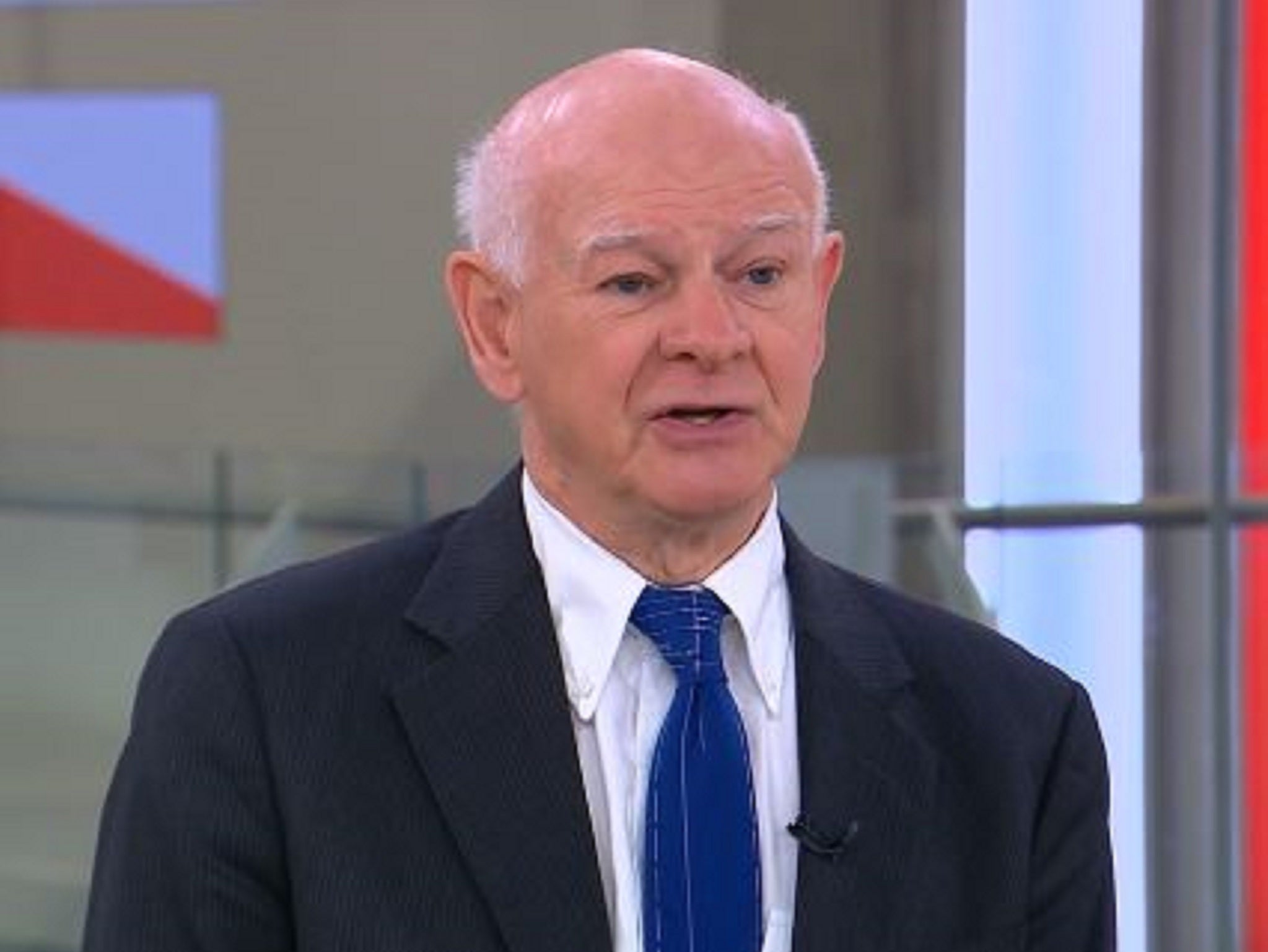Business once again demands action on Brexit, but there's scant sign that Government is listening
RBS chairman Sir Howard Davies and the British Retail Consortium are the latest to issue warnings

Amid mounting concern at the Government’s disarray over Brexit, Sir Howard Davies chose the weekend before the latest round of talks to make an intervention.
The Royal Bank of Scotland chairman, a heavyweight figure both in business and public life, warned that the Government has six months to prevent a full-scale exodus from the City of London (something, by the way, that the Leave campaign said wouldn’t happen).
To prevent that, ministers, he says, must get their skates on and get a transitional deal battened down within six months. If, that is, there is one to be had. There is no room for error. The timetable is “very, very, tight”.
With banks already having set up EU subsidiaries, and talking relocation with their staff, the process actually started some time ago. Reading between the lines, what Sir Howard, and the Bank of England, which has issued a similar warning, would like to prevent is the current steady flow of departures from turning into a flash flood.
The retail sector chimed in, with that latest warning over the effect of an immigration crackdown on its ability to secure the workers it needs to provide the sort of service that the British consumer has got used to enjoying.
Retailers aren’t facing quite the challenge that the hospitality sector is grappling with. Up to 50 per cent of the latter’s workforce hails from the EU in parts of the UK. It’s just 6 per cent of the 170,000-strong retail workforce.
However, that masks an important point. EU citizens make up a much larger proportion of those working in places like warehouses and distribution centres.
The upshot of Prime Minister Theresa May’s hard line regarding EU workers is that the ability to get goods from warehouse to consumer will be slowed, and that prices will likely rise.
A small corps of Brexit ideologues has taken to arguing that people should simply keep calm, carry on, and accept less as the price for “taking back control”. The average Briton may not be so sanguine about having what they have become accustomed to taken away from them.
What both these two, along with last week’s rumbling of discontent from small businesses and the Institute of Directors, are signs of is the mounting frustration at the way the Government is handling this issue within the business community.
Last week at the Tory Party conference we had Brexit Secretary David Davis, and Liam Fox, who is supposed to be sorting out trade, telling them to be more optimistic.
They, and people like them, keep lecturing businesses about the glorious free trading future they’re going to benefit from while turning a blind eye to the fact that, bar a few exceptions, such as the proprietors of right wing newspapers, and the bloke who runs Wetherspoon’s, business isn’t buying it.
This morning Theresa May said the Government would provide the “Brexit doomsayers wrong”, amid what appears to be an attempt to play hardball with EU negotiators, with renewed talk of Britain sailing off into the Atlantic with no deal. That is something a disturbing number of extremists on the Tory benches appear to actually want.
Talk like that, and the twittering of her Brexiteer ministers, is very cheap. It is about as useful to those who actually run businesses as old-style counterfeit pound coins.
Sir Howard said that the damage to the City could be “quite considerable” if nothing is done.
Business news: In pictures
Show all 13You can probably file that under the heading “classical British understatement”.
Unfortunately it might take a lot more than that to shake the Conservative Government, which appears not to have registered the growing signs of economic distress, out of its complacency and narrow self-interest.
Apparently the point is being made to ministers, with a degree more force than Sir Howard used in his public statements. There is little enough sign that the message is getting through.
Subscribe to Independent Premium to bookmark this article
Want to bookmark your favourite articles and stories to read or reference later? Start your Independent Premium subscription today.

Join our commenting forum
Join thought-provoking conversations, follow other Independent readers and see their replies